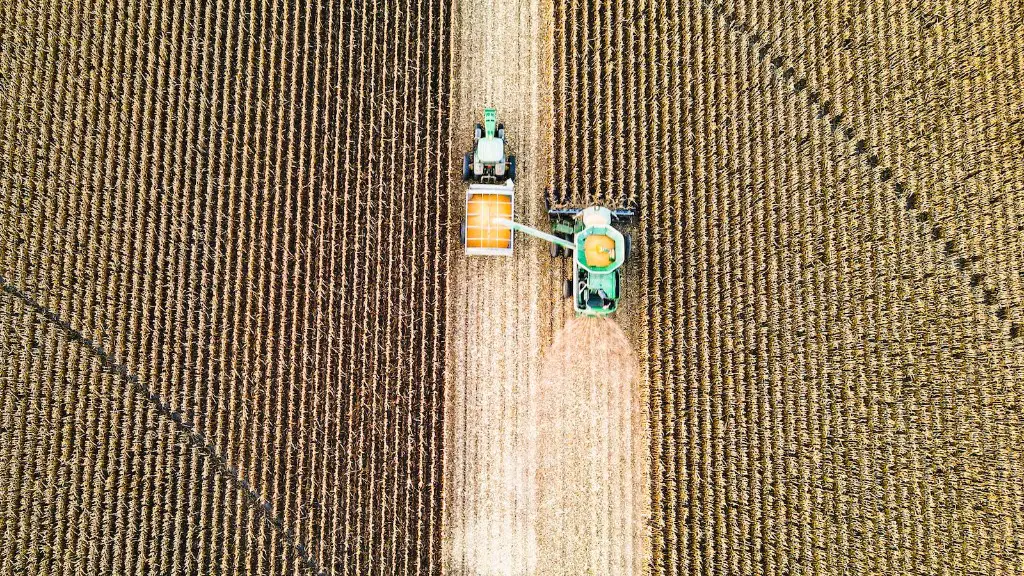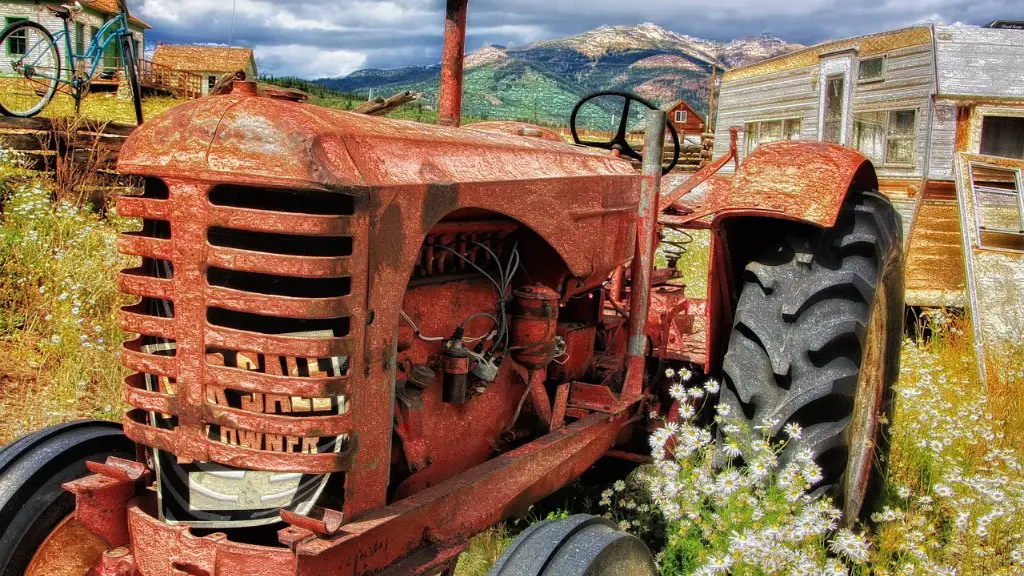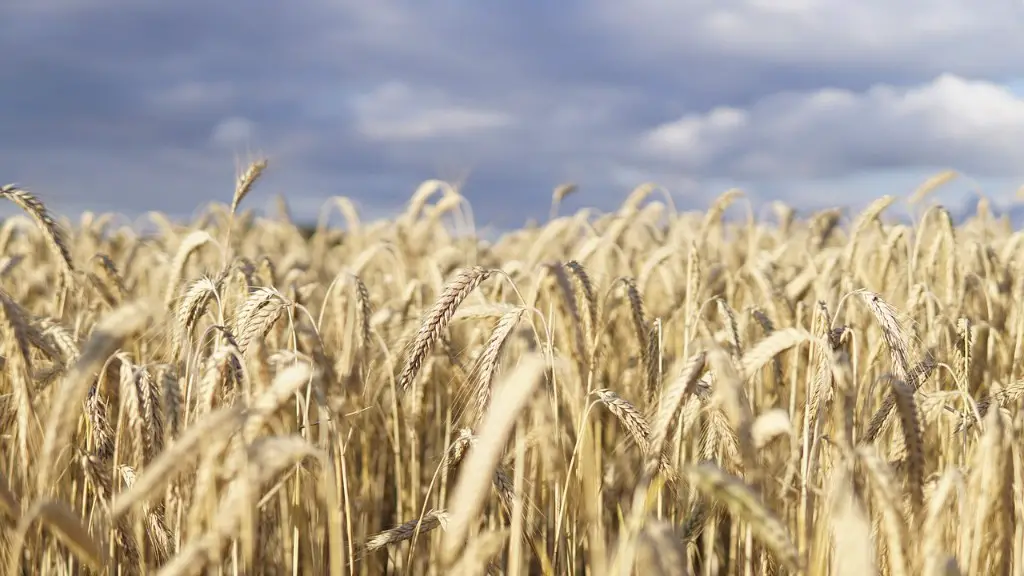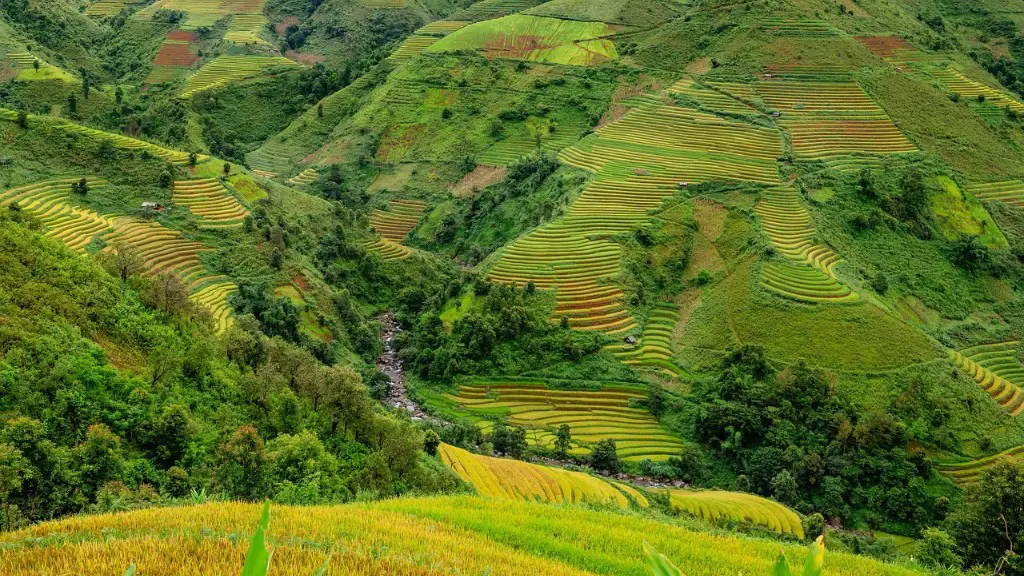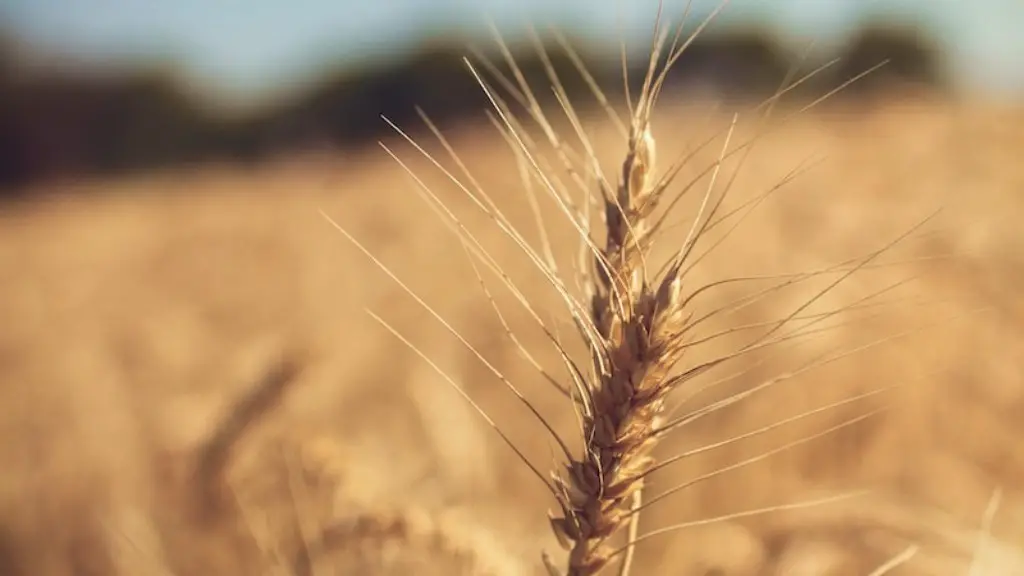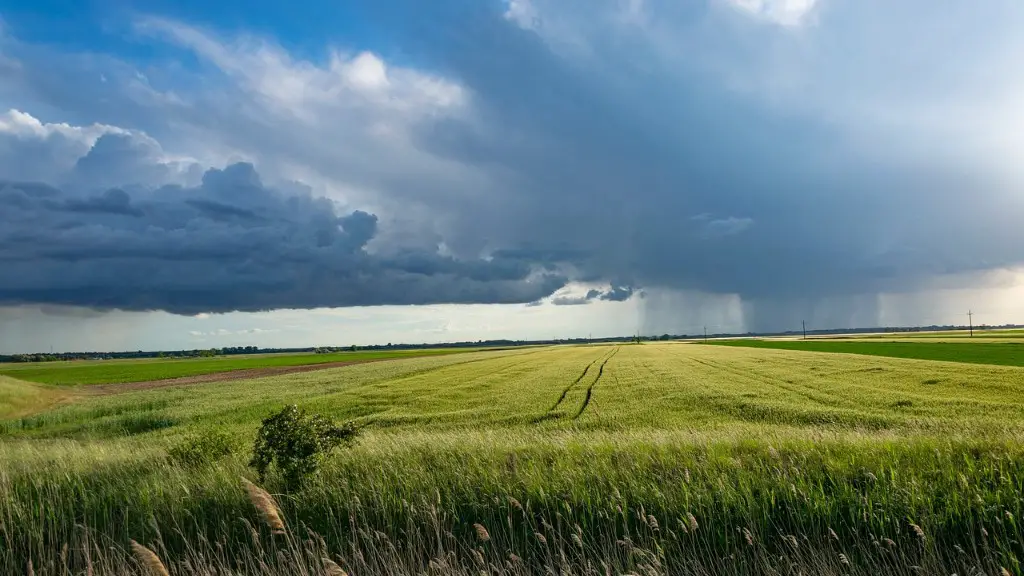Agriculture is an essential part of civilization. It has been a part of every civilization since the beginning of time. Agriculture allowed civilizations to grow and thrive. It provided food for people and animals. It also allowed people to trade and barter for goods and services. Agriculture is a vital part of civilization and will continue to be so for many years to come.
Agriculture is one of the most important parts of civilization. It allows for the growth of food and other crops, which are necessary for the survival of people and animals. Agriculture also provides a way for people to trade and exchange goods and services.
How does agriculture lead to civilization?
The availability of food is one of the key factors in determining population density. More abundant food supplies can support denser populations, as people are not as worried about where their next meal will come from. This was seen during the Agricultural Revolution, when farming allowed for the growth of small settlements into towns and cities. Agriculture produced enough food that people became free to pursue interests other than worrying about what they were going to eat that day. This led to the development of many different aspects of society, such as art, science, and technology.
When early humans began farming, they were able to produce enough food that they no longer had to migrate to their food source. This meant they could build permanent structures, and develop villages, towns, and eventually even cities. Closely connected to the rise of settled societies was an increase in population.
Is agriculture a feature of civilization
Agriculture is the most important defining characteristic of humans. All our achievements as a civilization have followed from controlling and containing our food source. Different civilizations have risen and fallen in different places at different times, some lasting much longer than others. But agriculture has always been the key to our success as a species.
1. Agriculture is the main source of raw materials for many industries.
2. It is important to international trade.
3. It plays a big role in a nation’s revenue.
4. It provides employment.
5. It’s crucial to a country’s development.
6. It can help heal the environment.
7. It goes hand-in-hand with war.
8. It’s a key part of the food supply chain.
9. It’s a vital source of energy.
10. It’s a major source of income for many people.
What is civilization agriculture?
Agrarian civilizations are some of the oldest and most complex societies in human history. They are characterized by a large number of people who rely on agriculture for their livelihood. Agrarian civilizations often include cities and their surrounding countryside. These societies can be incredibly complex, with a wide range of social, economic, and political institutions.
Agriculture has a huge impact on the environment, both positive and negative. On the positive side, agriculture can lead to soil conservation, help control water pollution, and promote reforestation. On the negative side, agriculture can contribute to soil erosion, water pollution, climate change, and deforestation.
What is the importance of agriculture?
Agriculture plays a vital role in the economic growth and development of a country. It is the main source of food for the population and also provides raw materials for industries. Agricultural products are also exported to other countries, providing a valuable source of foreign exchange.
In many developing countries, agriculture is the main source of income and employment. It is therefore essential for the government to support the sector and invest in its development. This includes providing adequate infrastructure, such as roads, storage facilities and markets, and ensuring that farmers have access to modern technology and inputs.
A strong agriculture sector is essential for economic growth and poverty alleviation. It is therefore crucial that governments invest in the sector and provide support to farmers.
The Agricultural Revolution was a pivotal moment in human history, as it set the foundation for what we know as modern human life. The ability to stay in one general area and cultivate our own food made life much more manageable, and contributed to the growth of human society in terms of culture, technology, and more. This period of history saw a huge increase in the human population, as well as the development of cities and other permanent settlements. It was a time of great change and growth, and the Agricultural Revolution was a key factor in making it all possible.
How did agriculture help build civilizations quizlet
Farming changed the kinds of communities people lived in by making it possible for people to trade (farming) goods, so they didn’t have to worry about getting food. Farming also changed the kinds of communities people lived in by having them settle in one place and build more permanent homes.
The ancient Egyptians are perhaps most well-known for their incredible architectural feats, like the Great Pyramids of Giza. However, they are also credited as being one of the first groups of people to practice agriculture on a large scale. This was possible because of the ingenuity of the Egyptians as they developed basin irrigation. With this method, they were able to turn the harsh desert climate into fertile farmland where they could grow crops and raise livestock. The ancient Egyptians were truly a innovative and resourceful people!
Is civilization possible without agriculture?
It is possible for a culture to live primarily as fishermen and not grow crops to a large extent. This is because traditionally, the Inuit were not sedentary and would roam around to different parts of Greenland. However, since there are now different cultures in North, East, and West Greenland, they are not able to roam as much.
Agriculture is critical for the world as it is the main source of food for the people. It is also the largest employer in the world. Agriculture is important for the economy as it provides jobs for the people and contributes to the GDP. It is also a major source of export for many countries.
What is the importance of agriculture to the community
The importance of agriculture to the community is vast. It creates employment opportunities, boosts economic growth, provides food and raw materials, and plays a critical role in sustaining the community.
Farming is an excellent way to maintain good health. It is challenging and stimulating work that provides a source of income in rural areas. Farm work also helps develop younger generations. Farming can help the environment thrive.
What role did agriculture play in the early American colonies?
In Colonial America, agricultural production was the primary livelihood for the majority of the population. Most farms were geared towards subsistence production forfamily use, and many towns served as shipping points for the export of agricultural products. This reliance on agriculture meant that the success or failure of farmers could have a significant impact on the whole economy and society.
Agriculture has definitely brought about some important changes in human life. For one, it has made it possible for people to settle down in one place instead of being constantly on the move. This has allowed them to grow their own food instead of having to rely on hunting and gathering. Settling down in one place has also allowed for the development of civilizations and the advance of human knowledge.
Which civilization had the best agriculture
Mesopotamia’s agricultural system was one of the most plentiful in the ancient world. The main types of grain used for agriculture were barley, wheat, millet, and emmer. This region was able to produce such a large quantity of grain due to the ample amount of rainfall it received. irrigation systems were also used to maximize the amount of land that could be used for agriculture. The use of these systems allowed Mesopotamia to become one of the most prosperous regions in the ancient world.
Soil fertility is one of the most important factors in crop production. It has the ability to support crop production determined by the entire spectrum of its physical, chemical and biological attributes.
Final Words
Agriculture has played and continues to play a pivotal role in the development of civilizations across the globe. Agriculture allowed for the domestication of plants and animals, which led to the development of settled communities and the rise of cities. Agriculture also allowed for the growth of surplus food supplies, which allowed for the development of trade and commerce, and the rise of civilizations. Today, agriculture remains an important part of many cultures and continues to play a significant role in the development of civilization.
Agriculture is one of the most important aspects of civilization. It allows for the growth of food and other crops, which are necessary for the survival of people. Agriculture also provides employment for many people and gives them a way to support themselves and their families.
